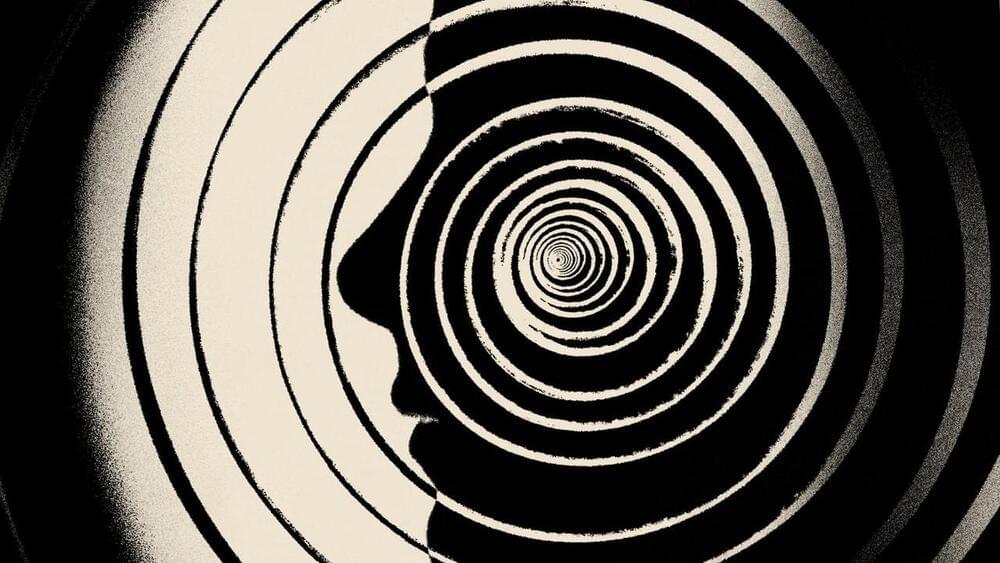You can trigger a dizzy spell by standing up too fast, skipping lunch, spinning in a circle, or drinking too much alcohol. Dizziness can be linked to one’s ears, brain, heart, or metabolic system. The treatments, likewise, are heterogeneous. In benign paroxysmal positional vertigo, crystals in the inner ear canals become loose; physical repositioning, known as maneuvers, can usually treat it. For conditions of chronic dizziness called persistent postural perceptual dizziness (P.P.P.D.), vestibular rehabilitation and S.S.R.I.s, which normally treat depression and anxiety, seem to work better. Vestibular migraine is treated through the use of migraine-specific supplements or medications—which wouldn’t be advised for someone with the buildup of inner-ear fluid known as Ménière’s disease.
The sensation we call dizziness is a sort of general alarm system for the body—but just as a fire alarm can’t tell you where a fire is burning (or whether someone walked through the emergency exit by mistake), it doesn’t necessarily tell you what’s wrong. Dasgupta argued that diagnosing the causes of dizziness requires a lost clinical art known as anamnesis, or a holistic interview about the patient’s symptoms and their surrounding context. “This is like detective work,” he said. Diego Kaski, who treats vestibular patients as a consulting neurologist at the U.K.’s National Hospital for Neurology and Neurosurgery, tries to understand his patient’s symptoms by imagining that they are happening to him. He often relies on gestures: if people have vertigo, which includes the illusion of movement, “they might spin their finger or their hand around,” Kaski told me. Others will hold onto their heads or rock their upper bodies from side to side. Patient accounts tend to be psychological as well as physical. “You lose control of what your body is doing, and that can be quite a fearful experience,” Kaski said. Many dizzy people wonder whether they are dying.
While visiting doctor after doctor, I learned from a Google search about what sounded like a dizziness utopia: the German Center for Vertigo and Balance Disorders, or D.S.G.Z., in Munich. It was originally funded by the German federal government and, since 2019, has operated as an interdisciplinary center of the University Hospital of Munich.
